I love breakfast! So much so, that sometimes I eat it for dinner.
Yet, had I lived in the Regency era, I might have found the table set a little too sparsely to satiate my evening hunger. Although breakfast as we know it was developed in the Regency era, it was obviously not yet valued as the most important meal.
A Typical Regency Breakfast:
Menu 1:
Tea, Muffins or Hot Rolls, Butter
Menu 2:
Chocolate, Plumb Cake, Eggs, Meat
Menu 3:
Toast, Tea, Pound cake
Menu 4:
Milk and oatmeal
Menu 5:
Milk and bread
Adventurous spirits may occasional have a bit of coffee or meat, but generally most preferred toast (either dry or with a bit of butter). And as toasters weren’t invented yet (nor was sliced bread), toast would have been cooked over an open flame, most likely in a toast rack.
A New System of Domestic Cookery (1814)
A New System of Domestic Cookery (1814)
A New System of Domestic Cookery (1814)

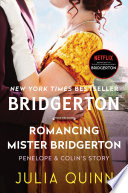
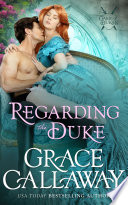
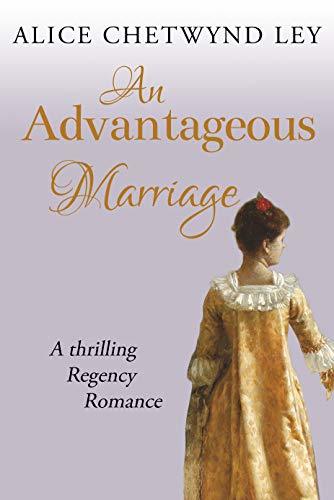
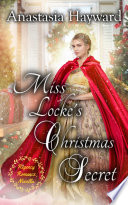
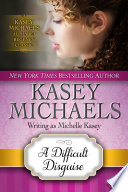

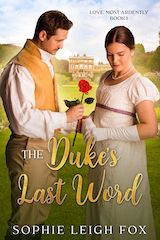


Oh but what about “bubble and squeak?” I know it originated among the lower classes but IT TASTES SO GOOD! The dish was around well before the Regency period, although not popular with well-bred ladies.
Check out:
http://www.phrases.org.uk/meanings/bubble-and-squeak.html
Pingback: Round-Up ~ All Things Austen « Jane Austen in Vermont
Bubble and squeak, or a fry up of leftover roast dinner vegetables (typically potato and cabbage) can be part of the full traditional English breakfast (which I love!). Today, your full English breakfast would include toast, eggs (typically fried), tomato, baked beans, and sometimes fried potatos or hashbrowns. You might also get some sauteed mushrooms. Often, you will also get a choice of bacon or sausage (bacon being more similar to what Americans know as Canadian bacon).
Popularized in the US in the 1920s and 1930s, it first made its appearance in press in 1898 as a “Scotch” breakfast.
The full english breakfast, or “fry up”, now so familiar to guests at British hotels, is typically a weekend meal to be ate with leisure.
Historically, something similar to the fry up would have been on the tables of rural working class, and likely not everyday. Less active gentry would have preferred petit dejeuner, except in cases (like house parties) where they had guests.
The etymology of breakfast comes from Middle English, and is a combination of break and faste (or to fast). This stems from the concept that sleep prevents eating, thus when you awake to the first meal of the day, you are essentially breaking your sleeping fast. The verb dates from around the late 1670s in England.
For more history on breakfast in England through the ages, check out: http://www.foodtimeline.org/foodfaq7.html#britishbreakfast
Pingback: 2010 in review « Regency Reader